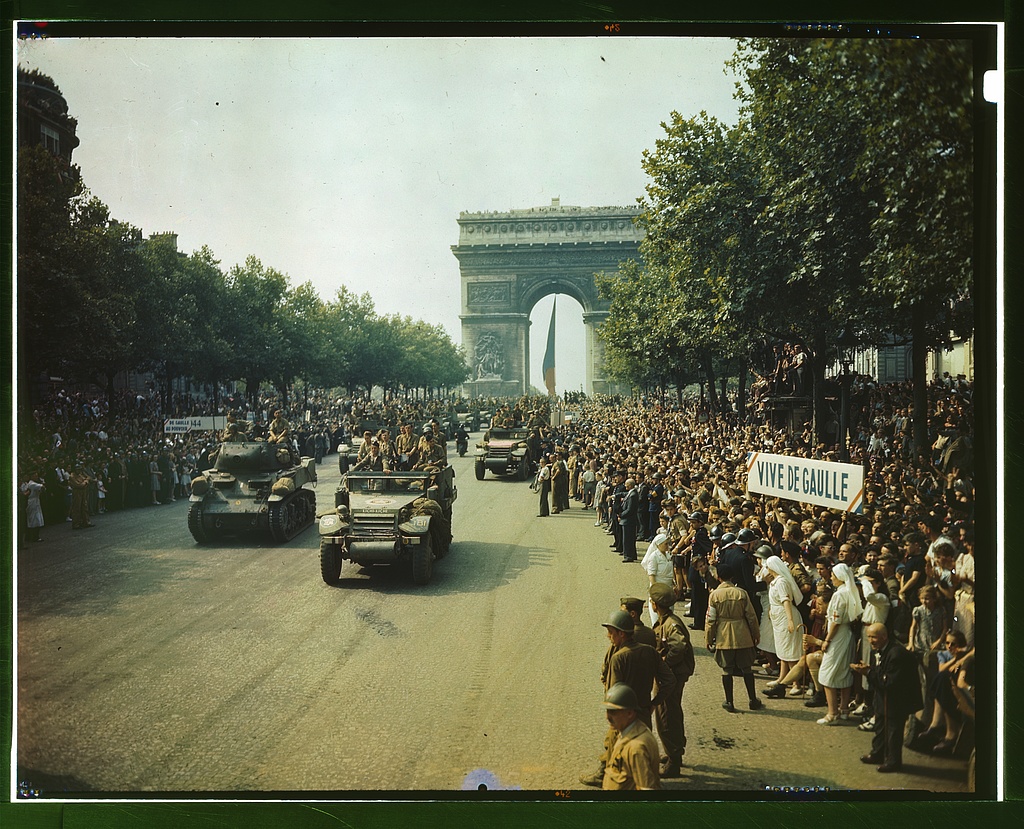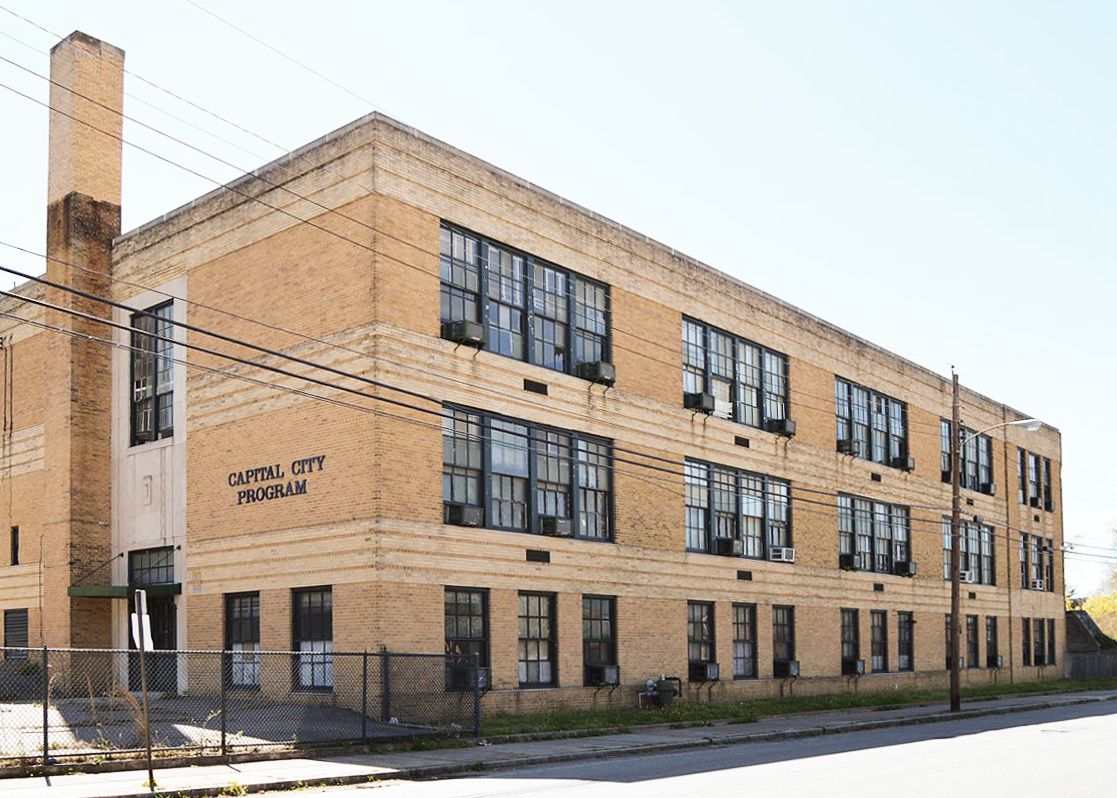Bringing Freedom Home
Born and raised in Richmond, Va., Mr. Brown’s story is one of transformation—from segregation and global war, from blockbusting real estate to the first Black woman presidential nominee.
“Home is not just a house,” he says in the clip below, recorded at Richmond’s Office of Aging & Disability Services. “It’s the whole surrounding.”
One of six children, Mr. Brown’s childhood was shaped by Richmond’s segregated schools and neighborhoods. He walked to Baker School and Armstrong High – the only Black high school at the time – while white students across the street attended John Marshall.
These buildings were separate and deeply unequal. Buildings for Black students lacked indoor plumbing. They were so crowded students were forced to attend in shifts.
His childhood innocence muffled the realities of the hardship forced on him. “I didn’t understand why people were leaving the South. But I found out: It was segregation.”
“I think, as a child, segregation is not in your mind. It wasn't in my mind. I know at the time when we saw black and white fountains, I don't think you see that now. And we had streetcars and buses. Growing up, I didn't know anything about rich or poor or whatever, but my family was a loving family. I knew that some people lived differently than I did.
“Believe it or not, where I grew up, the block of St. Paul Street that I lived on, some people had indoor plumbing, some people had outdoor plumbing.”
The Baker Public School, built in 1939 in Richmond’s North Jackson Ward neighborhood, is the third school to arise on the site since 1871. Each school served the city’s African American students during the era of segregation in public schools.
After high school, Mr. Brown’s eyes were opened when he traveled north. “Once you passed Washington, D.C., things changed. You were still segregated, but it wasn't as harsh as it was in the South. I really found out what freedom meant.”
Drafted in 1943, Mr. Brown traveled north to New Jersey and then across Europe during World War II. Thanks to the education he received in high school, he qualified for an occupational specialty. In Paris and Munich, he typed orders and watched nations fight for freedom while weathering the cruel irony of trying to return home to a country that denied it to him.
He met French locals, learned the language, and found solidarity with another Black soldier who never returned to the U.S.— choosing freedom overseas instead.
“We were in a foreign country to give somebody freedom that I didn’t have. It’s hard to think about.
“I was giving someone else freedom and I wasn’t free myself. If it weren't for Black people, there would be no America. And then to come back home and be segregated after giving someone else their freedom … it’s a hard pill to swallow.”

Crowds of French patriots line the Champs Elysees to view Allied tanks and half tracks pass through the Arc du Triomphe, after Paris was liberated on August 25, 1944. Photographer: Jack Downey. Photo courtesy of U.S. Library of Congress.
After the war, he returned to Richmond. He worked as a bellman in a hotel for $12 dollars a week, plus tips. “I don’t wish that on anyone, to live through what I lived through. I don't know how I lived through it,” he said with a smile. “If it hadn't been for tips, I wouldn’t have been able to buy a house.”
Soon after, he was helping others do the same as a real estate agent. He spent 30 years navigating—and sometimes resisting—systems that once excluded him. He helped families find homes while reflecting on housing inequality and how it shaped the city.
When we spoke to him, he held great hopes for the future in the form of presidential-hopeful Kamala Harris. Her vision for America gave Mr. Brown a clear sight of what is possible in the U.S. to improve lives. Watching her on the debate stage reminded him that progress, however slow, is still alive.
“I didn’t know I was living history,” he says. “But I guess we all are.”
From the Baker School to digital chess games during COVID, Mr. Brown’s life is a story of growth—personal, communal, and national. His interview is beautifully emotional. His tears, he reminds us, are not of sorrow. “I don’t think all tears mean that you're sad,” he said. “Tears of joy, you know.”
Full transcript (currently undergoing revision)

